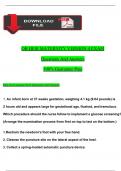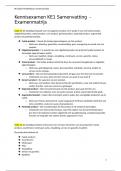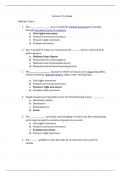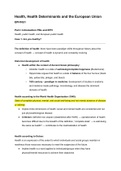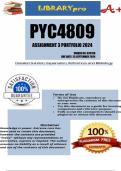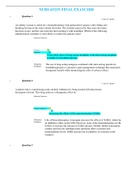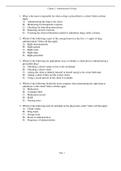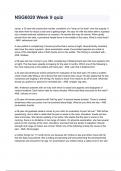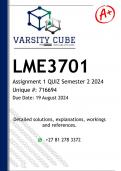Exam (elaborations)
OB HESI Maternity Version 4 Exam Questions and Verified Answers, 100% Guarantee Pass 2024
- Course
- Institution
OB HESI Maternity Version 4 Exam Questions and Verified Answers, 100% Guarantee Pass 2024 HESI Maternity OB Version 1 Exam Questions and Verified Answers, 100% Guarantee Pass 2024 HESI OB Maternity Version 1 Exam Questions and Verified Answers, 100% Guarantee Pass OB HESI Maternity Exam 2024 matern...
[Show more]
